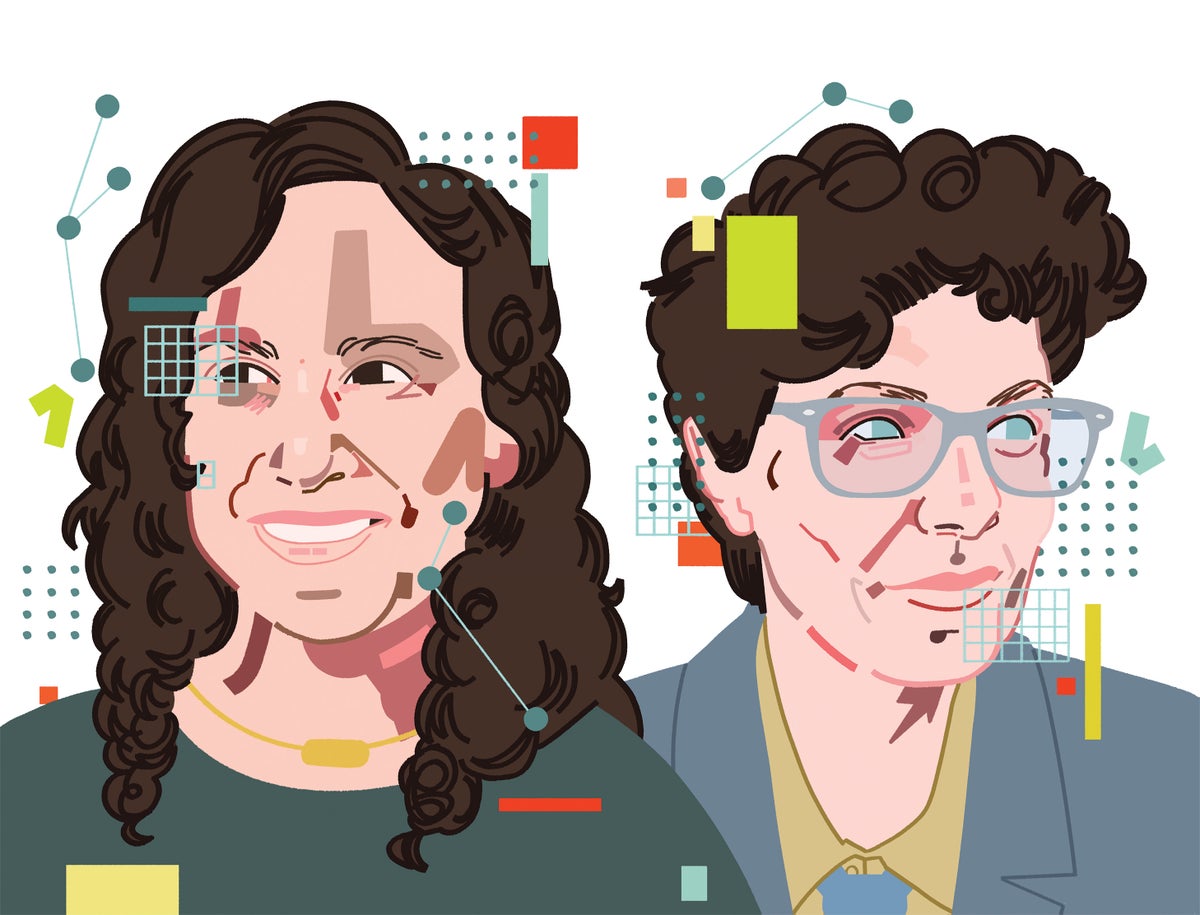Yesterday I organized a satellite panel for the UNESCO – Artificial Intelligence for Information Accessibility (AI4IA) Conference. This full conference takes place on GatherTown, a conferencing system that feels like an 8-bit 80s game. You wander around our AI4IA conference space and talk with others who are close and watch short prerecorded video talks of which there are about 60. I’m proud that Amii and the University of Alberta provided the technical support and funding to make the conference possible. The videos will also be up on YouTube for those who don’t make the conference.
The event we organized at the University of Alberta on Friday was an online panel on What is Responsible in Responsible Artificial Intelligence with Bettina Berendt, Florence Chee, Tugba Yoldas, and Katrina Ingram.
Bettina Berendt looked at what the Canadian approach to responsible AI could be and how it might be short sighted. She talked about a project that, like a translator, lets a person “translate” their writing in whistleblowing situations into prose that won’t identify them. It helps you remove the personal identifiable signal from the text. She then pointed out how this might be responsible, but might also lead to problems.
Florence Chee talked about how responsibility and ethics should be a starting point rather than an afterthought.
Tugba Yoldas talked about how meaningful human control is important to responsible AI and what it takes for there to be control.
Katrina Ingram of Ethically Aligned AI nicely wrapped up the short talks by discussing how she advises organizations that want to weave ethics into their work. She talked about the 4 Cs: Context, Culture, Content, and Commitment.


